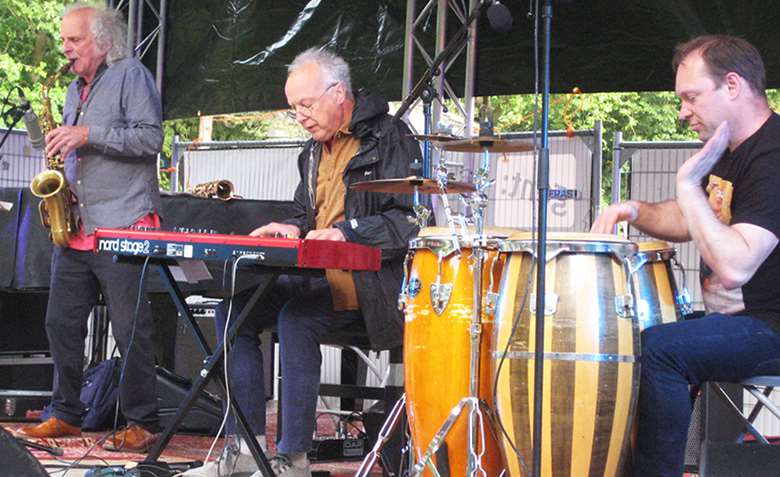Trevor Watts wows with Eternal Triangle trio at Citadelic
Martin Longley
Tuesday, June 14, 2022
Martin Longley visits Gent’s fine free admission fest to sample some free jazz delights


Register now to continue reading

Thank you for visiting Jazzwise.co.uk. Sign up for a free account today to enjoy the following benefits:
- Free access to 3 subscriber-only articles per month
- Unlimited access to our news, live reviews and artist pages
- Free email newsletter